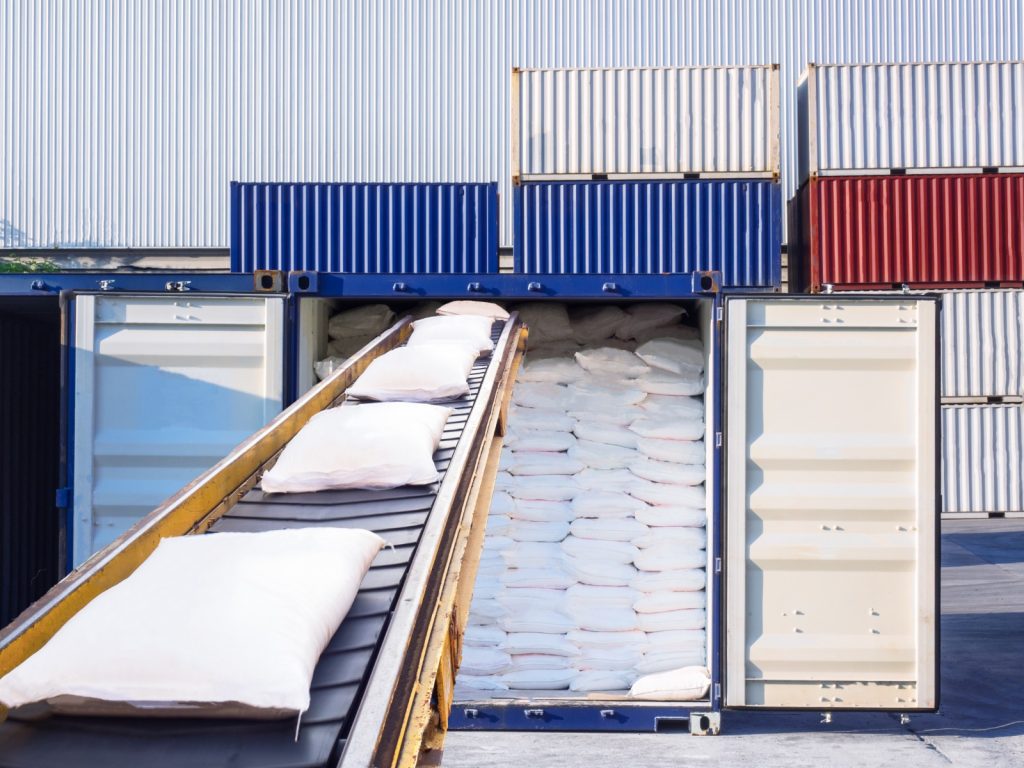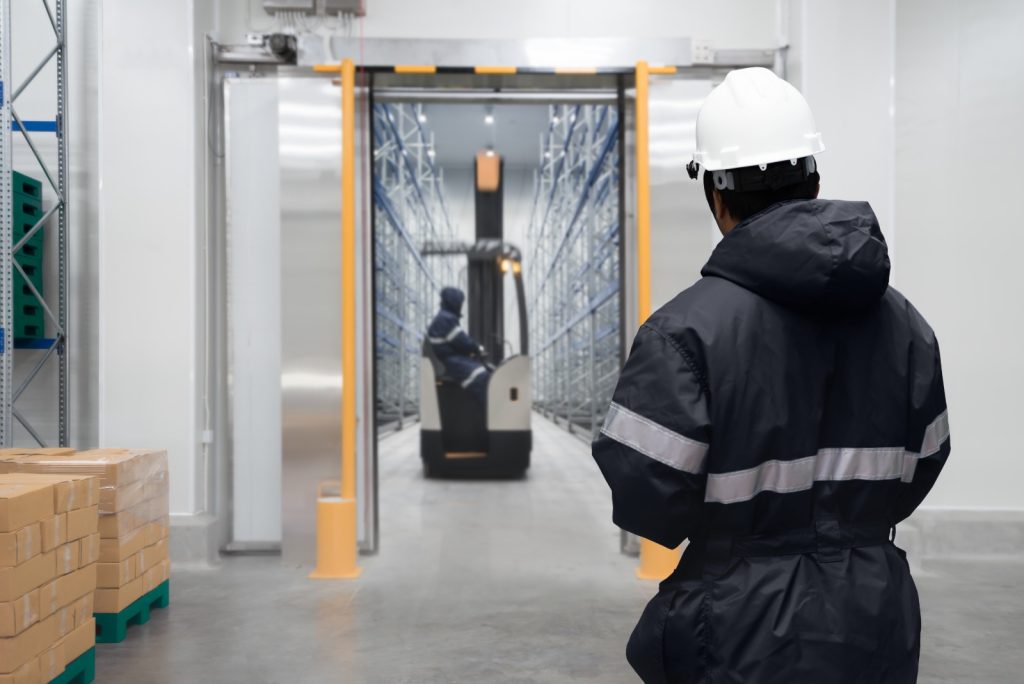Suresh Vaidhyanathan, CEO of Abu Dhabi Food Hub, deciphers into food trade logistics.
The Abu Dhabi Food Hub aims to enhance food trade and logistics, capitalizing on the UAE’s global connectivity. It’s a digitally integrated ecosystem consolidating various food categories strategically. This hub will draw producers, wholesalers, retailers, and other industry stakeholders, enriching consumer food diversity and quality.
Crucially, it supports the nation’s food security objectives by providing a structured entry point for local producers into the market. The project is a partnership between the Ghassan Aboud Group and AD Ports Group and is being established in KEZAD, one of the region’s foremost economic zones. “As a unique public-private partnership model, we leverage our mutual strengths to deliver a game-changing market,” says Suresh Vaidhyanathan, CEO of Abu Dhabi Food Hub.

Food Logistics Challenges
The primary issue in the food sector is wastage. According to the World Food Programme (WFP), one-third of food produced for human consumption is lost or wasted, totalling 1.3 billion tonnes and valued at US$1 trillion. The World Health Organization (WHO) estimates that over 800 million people suffer from food insecurity. Fragmented supply chains and limited technology adoption further compound the problem. Additionally, frequent shifts in customer demand require quick responses.
The Abu Dhabi Food Hub strives to enhance transparency across the food supply chain by promoting collaborations and engaging all stakeholders. Suresh adds, “We will strive to minimise food wastage and improve service provider reliability. The hub increases sourcing options and enables better market and customer access.”
Ensuring quality and freshness remains paramount, especially for perishable goods. Leveraging its infrastructure, which prioritizes maintaining the integrity of the cold chain from start to finish, the food hub can provide significant value to clients in this sector.
Unique Offerings
Positioned strategically between Dubai and Abu Dhabi and close to significant import and export points, the hub is a convenient one-stop destination. Its unmatched connectivity via sea, air, and land facilitates easy access to export markets, enabling traders to serve local and regional markets effectively.
“Being able to find all categories of food products in a site location, with all support services provided on demand, be it local or global logistics, value-added services offers a distinctive advantage for our clients,” shares Suresh. The Abu Dhabi Food Hub will serve as a comprehensive solution for the wholesale food trade sector, aligning with the UAE’s food security goals. It will adhere to global health, hygiene, food safety, and sustainability standards.

What’s Trending?
Key trends in the food supply chain promote sustainability, including reducing transportation emissions, ensuring cold chain integrity, encouraging local production, and more. The rising adoption of technology in supply chains leads to improved traceability and better commercial outcomes for supply chain participants. Additionally, trends such as the growth of e-commerce fulfilment and direct-to-consumer models are emerging, along with a heightened focus on supply chain efficiency to manage last-mile costs effectively.
Innovative Initiatives
“Innovation is at the heart of our business model – flowing through right from infrastructure development, supply chain efficiencies, ensuring product quality and availability, digital ecosystem, and others,” highlights Suresh. Initiatives are planned to shorten lead times in a market environment, enhance product diversity from various origins, improve quality and freshness and reduce overall environmental impact.
Sustainability & Technology
The core of Abu Dhabi Food Hub’s purpose and strategy is sustainability. The hub’s objectives include reducing food waste, optimizing utility consumption, promoting recycling, consolidating logistics, improving cold chain efficiency, advocating for healthy eating, and more. Suresh emphasizes that “our efforts align fully with the UAE’s guidelines on sustainability and the food security agenda.”
Moreover, the hub aims to distinguish itself as a distinctive food ecosystem by leveraging technology to improve client interactions and streamline business processes. Its digital systems facilitate seamless communication among stakeholders, enhance operational speed and efficiency, and improve customer service. Additionally, technology plays a crucial role in managing internal operations, including infrastructure, utilities, and value-added services.

Foresight
“Our primary objective is to create a substantial positive outcome for our clients within the hub. We are actively forging strategic partnerships to enhance the ecosystem across various domains and anticipate reaping the rewards of the effort invested in the project over recent years,” concludes Suresh. The Abu Dhabi Food Hub is poised to raise the bar for regional food systems.

